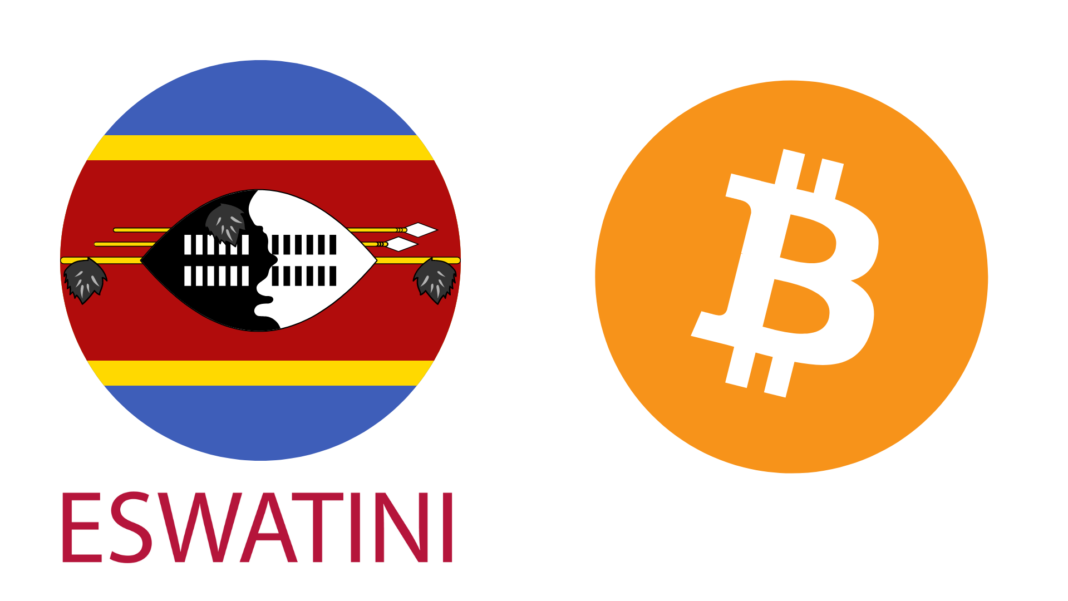The Central Bank of Eswatini is in the process of formulating policies for unveiling the Central Bank Digital Currencies policy called “Digital Lilangei”.
Eswatini’s goal of providing its citizens with a safe digital version of its fiat money and a more comprehensive digitalization is aligned with the issuance of CBDC.
Furthermore, the Central Bank of Eswatini (CBE) is one of the first countries in Africa to begin the process of establishing a retail CBDC.
Eswatini’s CBDC Likely To Boost Its Economy
Eswatini’s decision to bring CBDCs into a formal sector of the economy stays in tandem with many nations in the world. The idea behind jumping on the crypto bandwagon for most nations is to give a boost to their economy.
Eswatini aims to bring many different offline and online use cases with the Digital Lilangeni. The offline feature guarantees uninterrupted use even when there is no Internet connection, when there are power outages, or in specific remote locations.
Certain Digital Lilangeni payments and wallets that store them can be fitted with programmable capabilities for creative and value-added use cases. It is imperative that the Digital Lilangeni be built with cross-border functionality in mind.
Central bank digital currency, or CBDC, is a category of digital currency that is issued by a country’s central bank. It is comparable to cryptocurrencies, but it is equivalent to the nation’s fiat currency and has a fixed value set by the central bank.
Eswatini’s CBDC Decision Comes As Africa Gains Crypto Momentum
In several countries, CBDCs are being created, and some have even implemented them. In the middle of the global acceptance, Africa has taken center stage.
It’s critical to comprehend what CBDCs are and their implications for society, particularly in light of the fact that numerous nations are looking into approaches to go toward digital currencies.
According to Chainalysis, the cryptocurrency market in Africa is expanding at the quickest rate in the world, but it is still the smallest, with $20 billion worth of transactions occurring there each month as of mid-2021. The three countries in the region with the most users are Kenya, Nigeria, and South Africa.
Also read
Bitcoin miners in Ethiopia use 600MW in electricity, Ethiopia to become the next crypto mining hub?


